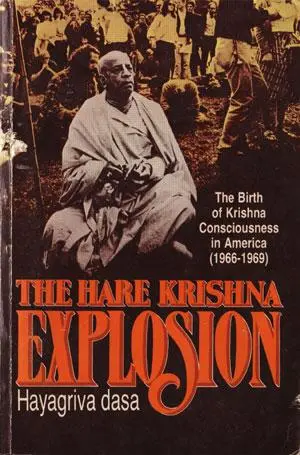click on image to enlarge
Two Ways to Approach the Lord; Affection & Veneration
“Lord Kṛṣṇa’s mercy is dependent only on affection. Being obliged only by affection, Lord Kṛṣṇa acts very independently. (Cc. Madya 10. 139)
I have been looking for this(above) verse for the longest time. I remember reading this verse and purport a couple of years ago, and could not remember which book of the Sri Caitanya-caritamrta it came from. But today by Krsna’s mercy, I found the verse and purport.
“…Lord Śrī Kṛṣṇa, the Supreme Personality of Godhead, is merciful, but His mercy does not depend on mundane rules and regulations. He is dependent only on affection and nothing else. Service to Lord Kṛṣṇa can be rendered in two ways. One can serve the Lord in affection or in veneration. When service is rendered in affection, it is the Lord’s special mercy. When service is rendered in veneration, it is doubtful whether Kṛṣṇa’s mercy is actually involved.” (from purport Cc. Madya 10. 139)
Full text and purport More

















